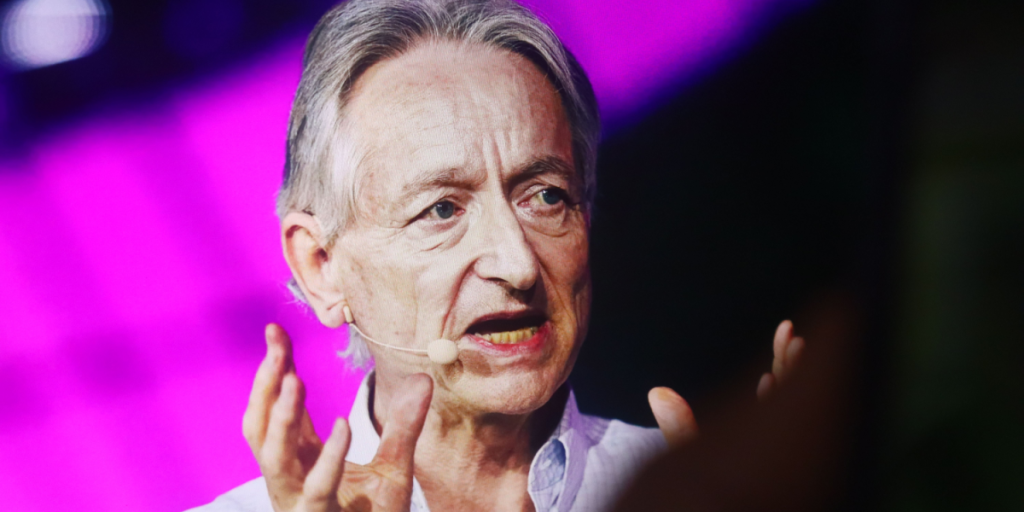Geoffrey Hinton, one of the world’s leading artificial intelligence pioneers, has once again sounded the alarm about the economic consequences of AI.
Others are reading now
Geoffrey Hinton, one of the world’s leading artificial intelligence pioneers, has once again sounded the alarm about the economic consequences of AI. The Nobel laureate said that technology companies pouring hundreds of billions into AI infrastructure will only see returns if machines take over much of the work currently done by people.
Profit through replacement
Speaking with Bloomberg TV’s Wall Street Week on Friday, Hinton said the “obvious” way for tech giants to profit from their massive AI spending — beyond charging users for chatbot access — is by automating human labor.
“I think the big companies are betting on it causing massive job replacement by AI, because that’s where the big money is going to be,” he warned.
Hinton, often called the “godfather of AI,” said he doubts artificial intelligence will follow the same pattern as past technological revolutions that destroyed jobs but eventually created new ones. He believes this wave of automation could be fundamentally different — and far more disruptive.
Huge spending, bigger stakes
According to Bloomberg, the four major “AI hyperscalers” — Microsoft, Meta, Alphabet, and Amazon — are projected to increase capital spending to $420 billion next fiscal year, up from $360 billion. OpenAI, meanwhile, has announced around $1 trillion in infrastructure deals with partners such as Nvidia, Broadcom, and Oracle.
Also read
When asked if such investments could be profitable without mass layoffs, Hinton was blunt: “I believe that it can’t. I believe that to make money you’re going to have to replace human labor.”
His remarks echo comments he made to the Financial Times in September, when he predicted AI would “create massive unemployment and a huge rise in profits,” calling it a direct outcome of capitalism’s incentives.
Signs of strain in the job market
Recent trends suggest AI is already reshaping employment. Studies have shown that job openings have dropped by about 30% since OpenAI launched ChatGPT, with entry-level positions hit hardest.
At the same time, major corporations are beginning to downsize. Amazon recently announced 14,000 layoffs, mostly among middle managers. CEO Andy Jassy attributed the move to company culture, but in a June memo, he also forecasted a smaller corporate workforce “as we get efficiency gains from using AI extensively across the company.”
Not all doom and gloom
Despite his warnings, Hinton said he remains conflicted about AI’s development. Asked whether he would undo the creation of artificial intelligence if he could, he admitted he wasn’t sure.
Also read
“It’s not like nuclear weapons, which are only good for bad things,” he said. “It’s a difficult decision, because it can do tremendous good in health care and education.”
He argued that AI’s potential to boost productivity and improve lives is enormous — but warned that the benefits will depend on how society chooses to distribute them. “The problem,” Hinton concluded, “is not with AI itself, but with how we organize society.”
Sources: Bloomberg, Financial Times, HotNews.ro.


